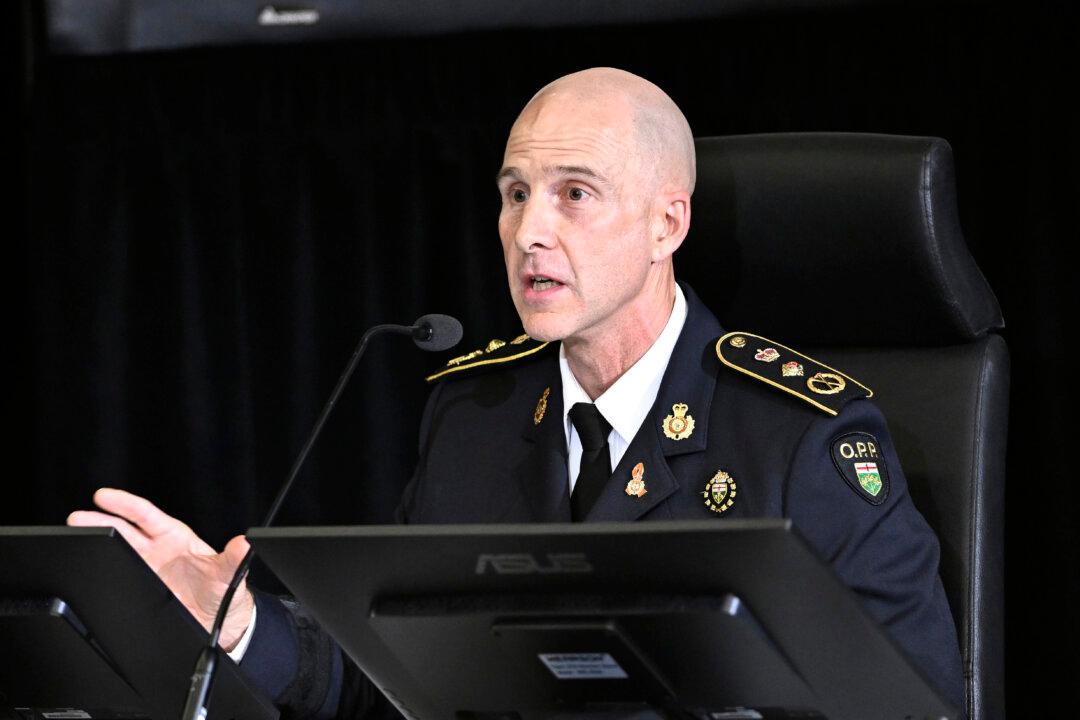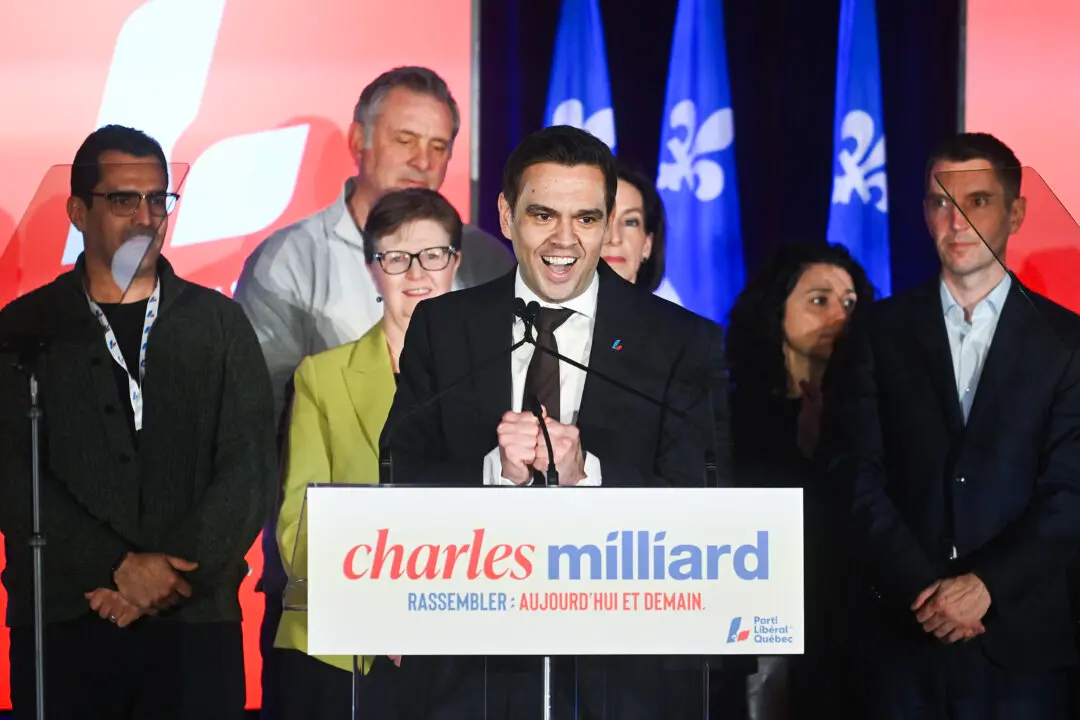Brenda Lucki not only lost confidence in the leadership of former Ottawa police chief Peter Sloly over the Freedom Convoy protests, the RCMP commissioner was so concerned she was prepared to go directly to Prime Minister Justin Trudeau, a public inquiry learned Thursday.
Lucki’s comments were released in the form of notes taken during a Feb. 15 meeting between her and several high-ranking Ontario Provincial Police officers.





